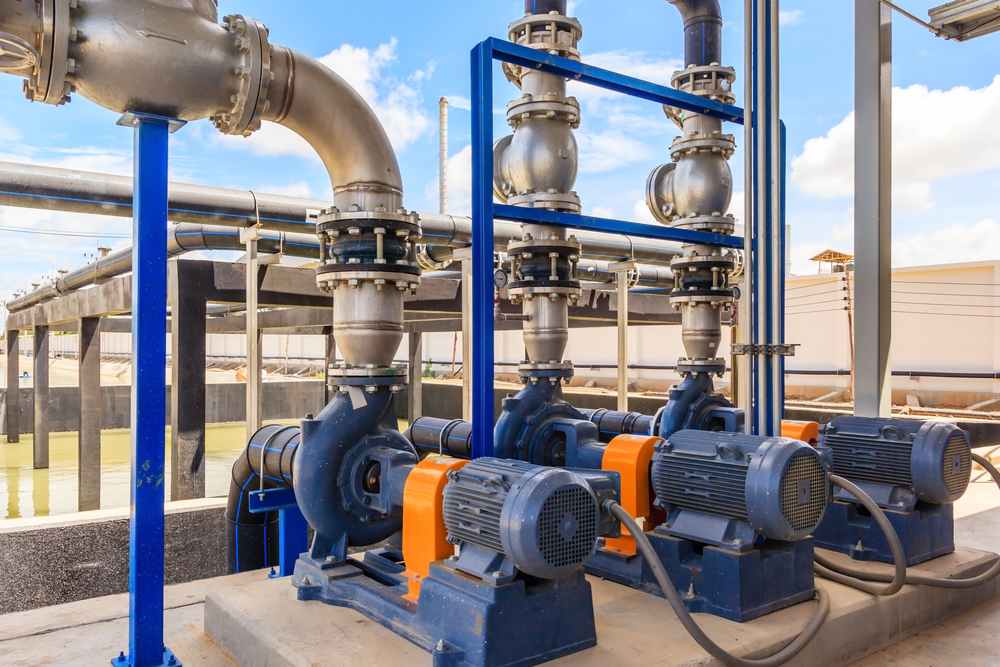Pumping Station Project
A pumping station is a critical infrastructure project designed to transport fluids, such as water or sewage, from one location to another.
It plays a crucial role in the distribution of water supply and the disposal of wastewater, ensuring the safe and reliable delivery of these essential services.
The construction of a pumping station involves careful planning and design to meet specific requirements, such as the volume of water to be pumped, the distance of the transfer, and the elevation change between the source and destination.
Factors such as site location, environmental impact, and community involvement are also essential considerations in the development of a pumping station project.
Effective operation and maintenance of a pumping station are vital to ensure its long-term sustainability, and regular inspections and repairs are necessary to prevent system failures and minimize risks to public health and safety.
Overall, the successful implementation of a pumping station project is crucial for the provision of clean water and the protection of the environment, ensuring a sustainable future for generations to come.

